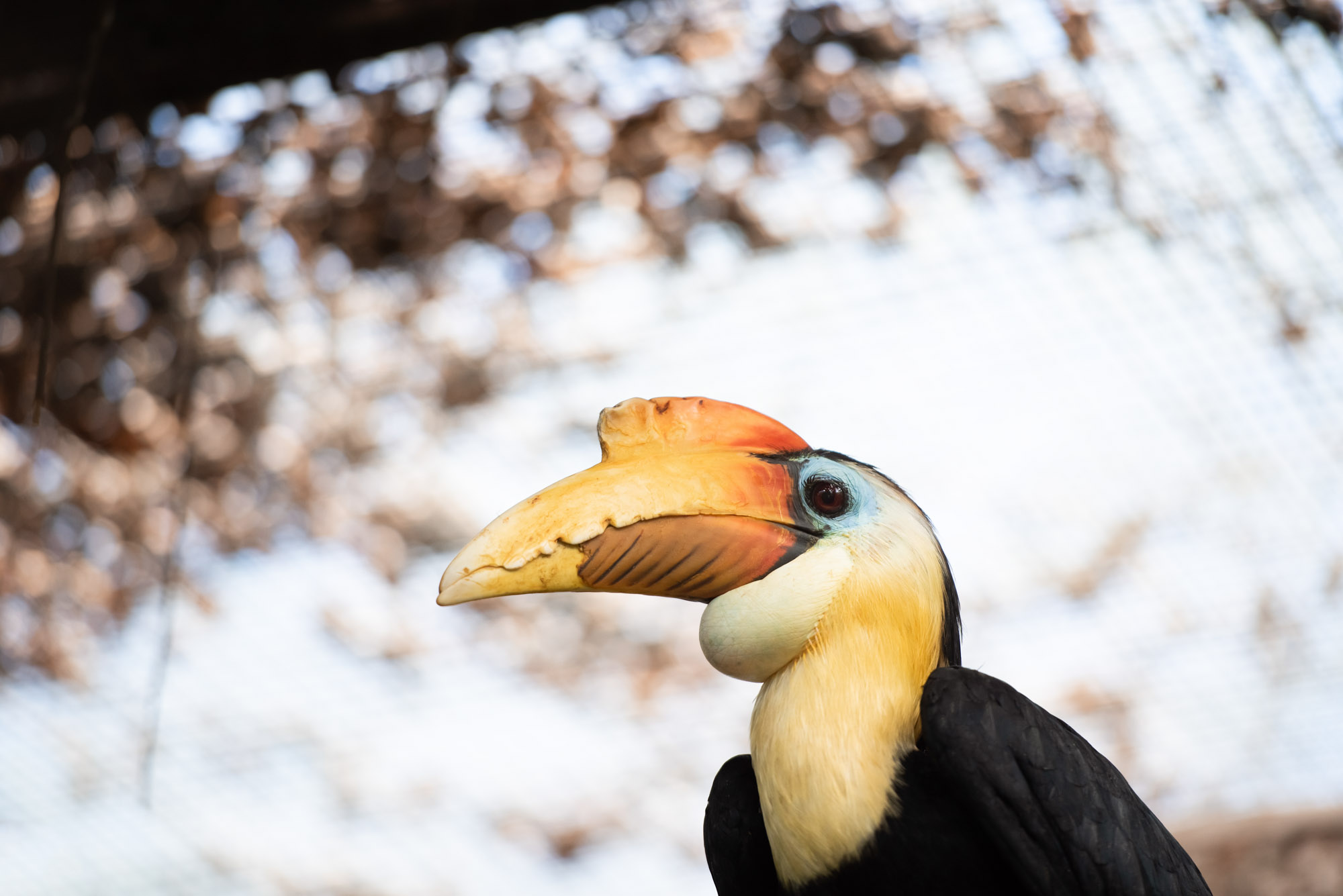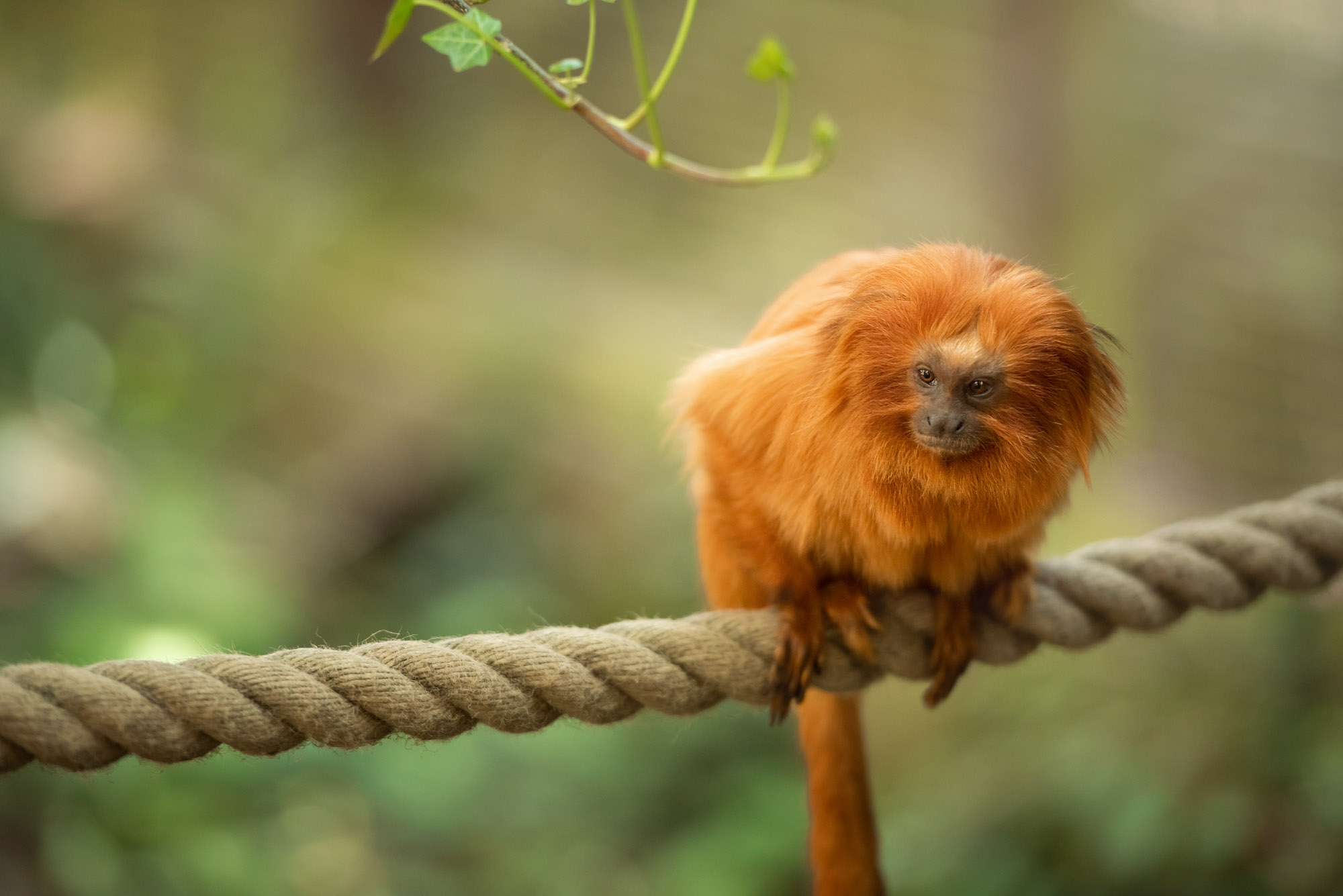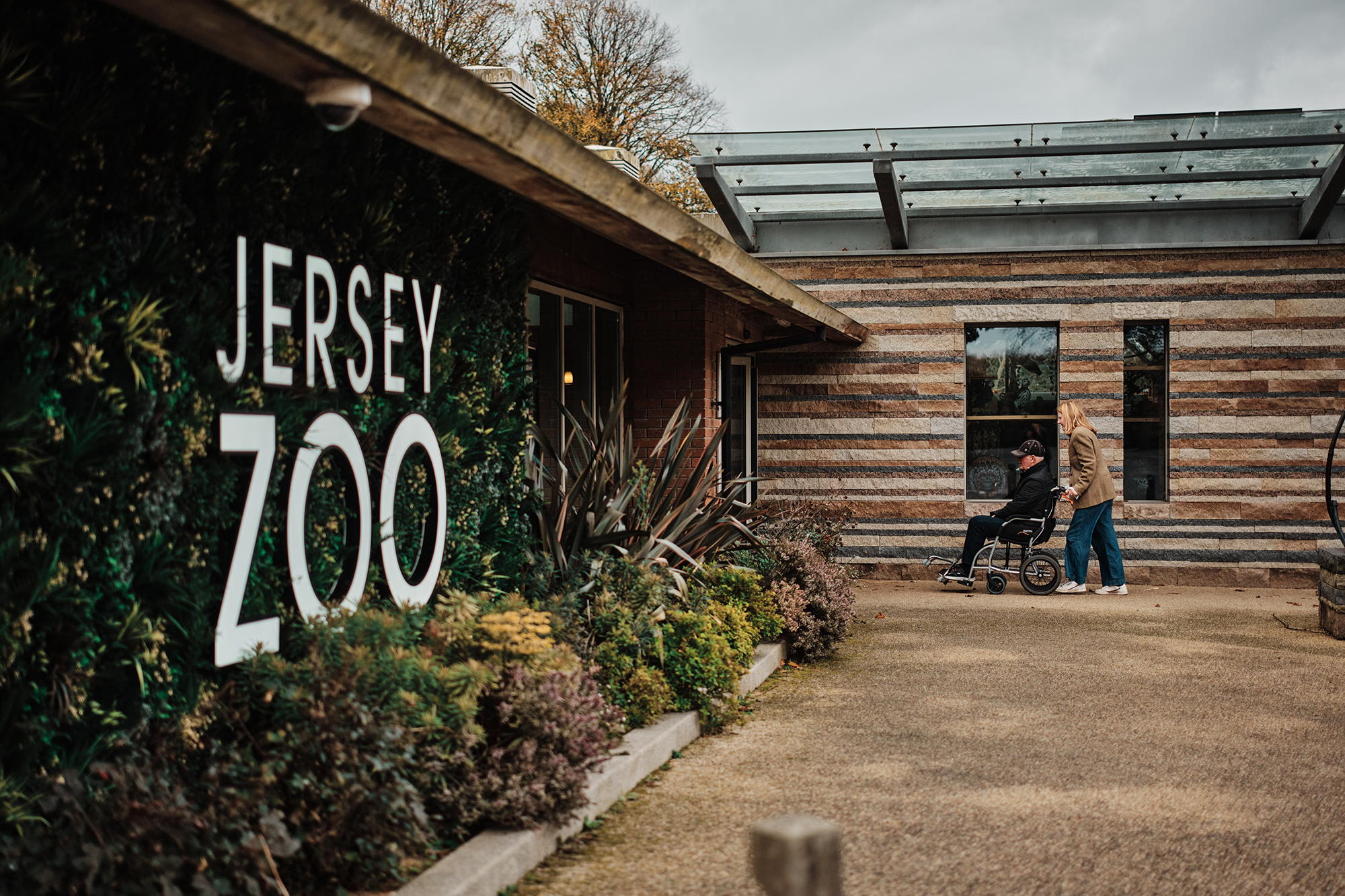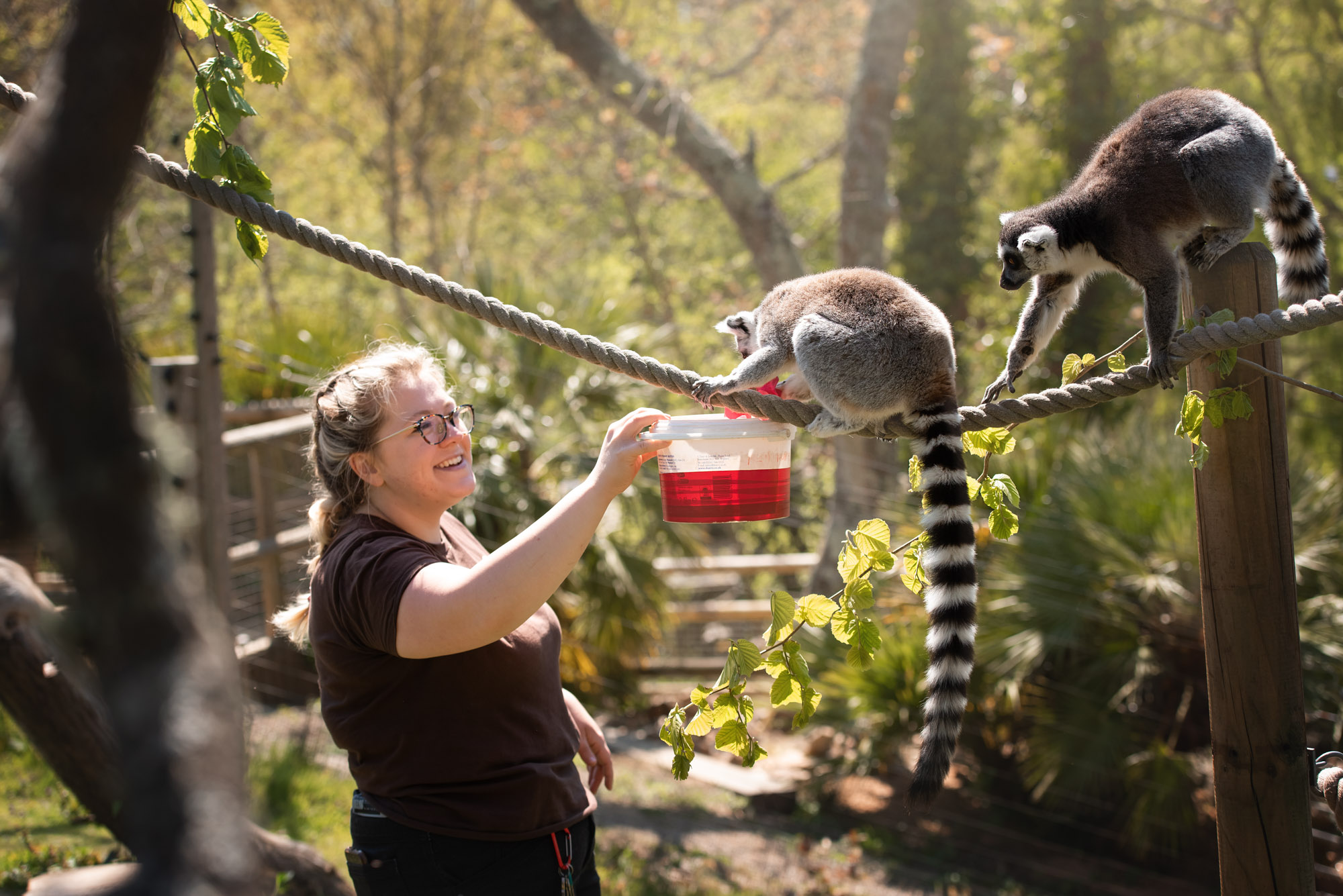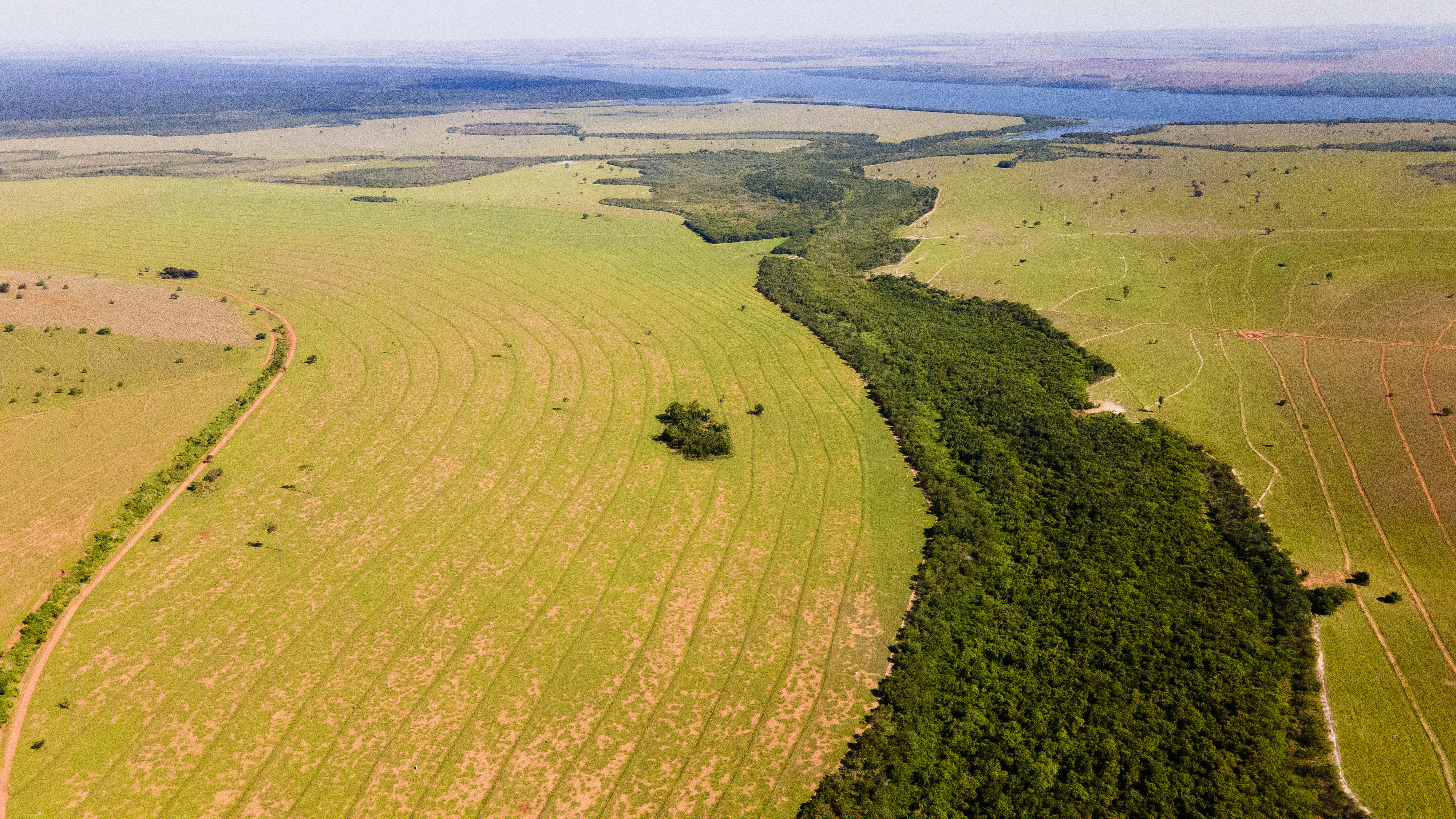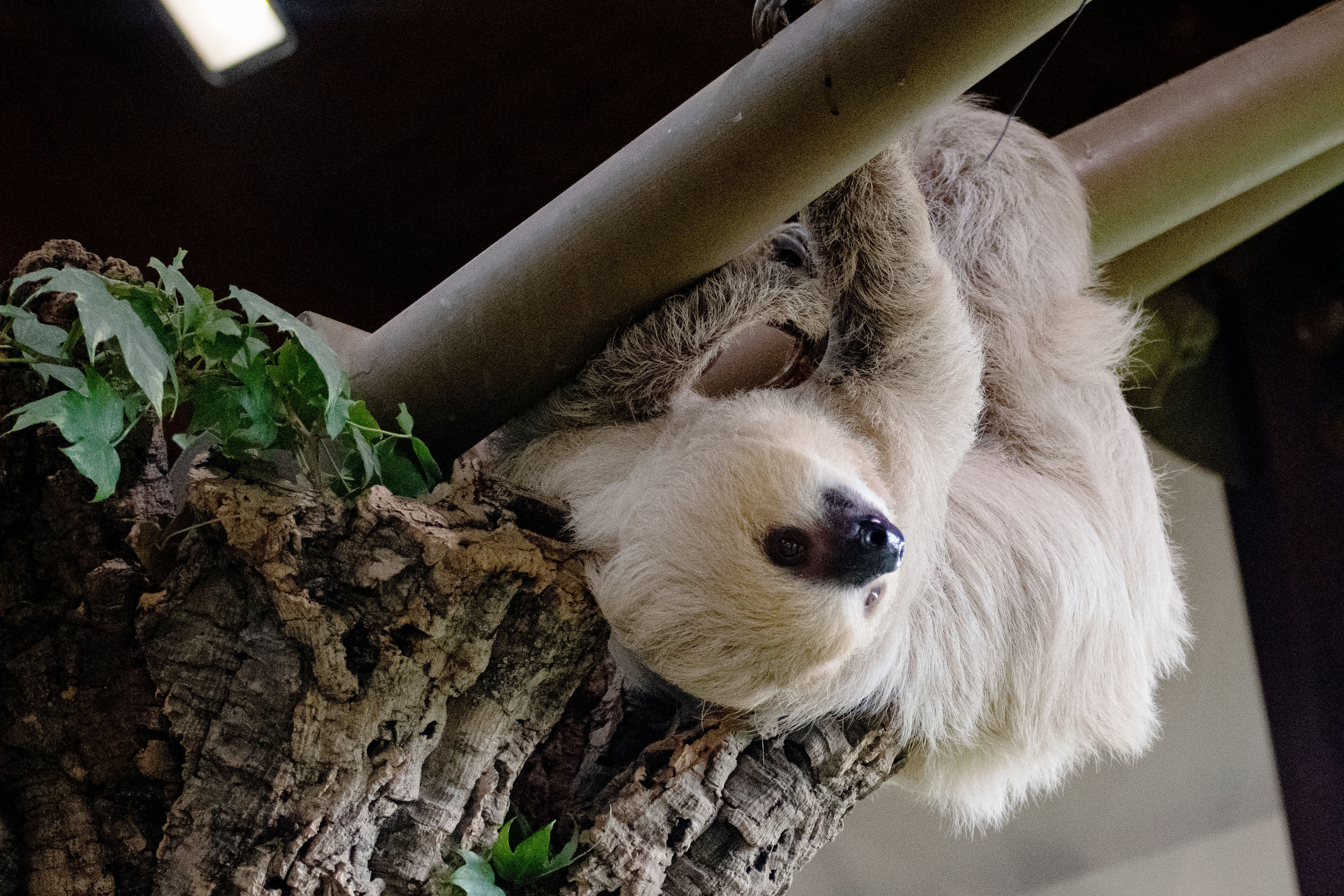Say hi to the newest addition to the Island Bat Roost this Spring
Durrell is celebrating the flutter of baby bat wings as a new baby Livingstone’s fruit bat has been born at the Wildlife Park.
Arriving in early March the new addition, the sex of which is still to be determined, is the second baby born to Mum Bazimini. The pup was the first Livingstone’s Fruit bat to be born in 2016 across the worldwide captive population. Another was born just a day later at Bristol Zoo, which is one of just two additional institutions that hold this species in captivity.
Livingstone’s fruit bat mothers give birth to a single infant after a gestation period estimated to be around five months. A low birth rate and the fact that the species reproduce quite slowly add to the pressures affecting this beautiful mammal which is listed on the IUCN Red list as Endangered.
Edward Bell, Mammal Keeper at Durrell said, “This latest birth is another example of how important the research and continued refinement of the husbandry practices here at Durrell are for this, the rarest mammal species on site"
The mother and infant bond in bats is very strong and within Durrell’s Island Bat Roost Durrell infants remain with their mothers for the first few months, even as the mother flies and feeds. They are nursed during this period, but as they grow and become more cumbersome the mothers begin to 'park' them in creches with infants from other mothers.
Fruit bats play an important role in the regeneration of tropical forests, acting as both pollinators and seed dispersers for many plants. Livingstone's fruit bats are therefore vital to the health of the forest of the two islands on which wild populations are found, Anjouan and Moheli in the Comoros archipelago. Sadly there are thought to be less than 1,000 of these giant bats left in the wild.
The first Livingstone's bats arrived at Durrell in 1992, at which point the species had never before been kept in captivity. Today the colony stands at 44 and this captive population helps to ensure that there is a safety net population for the species.
The human population of the Comoros is increasing at an exponential rate, and the islands now have the fastest rate of deforestation in the world. Durrell is working closely with local organisation and communities to protect the Comorian forests, as well as maintaining a breeding population of Livingstone’s fruit bat.
Durrell Ambassador Henry Cavill recently joined the crusade to save the Livingtsone’s fruit bat by adopting ‘Ben the bat’ – you can join him and help Durrell in it’s mission to save species from extinction by adopting Ben or Barnaby.
Arriving in early March the new addition, the sex of which is still to be determined, is the second baby born to Mum Bazimini. The pup was the first Livingstone’s Fruit bat to be born in 2016 across the worldwide captive population. Another was born just a day later at Bristol Zoo, which is one of just two additional institutions that hold this species in captivity.
Livingstone’s fruit bat mothers give birth to a single infant after a gestation period estimated to be around five months. A low birth rate and the fact that the species reproduce quite slowly add to the pressures affecting this beautiful mammal which is listed on the IUCN Red list as Endangered.
Edward Bell, Mammal Keeper at Durrell said, “This latest birth is another example of how important the research and continued refinement of the husbandry practices here at Durrell are for this, the rarest mammal species on site"
The mother and infant bond in bats is very strong and within Durrell’s Island Bat Roost Durrell infants remain with their mothers for the first few months, even as the mother flies and feeds. They are nursed during this period, but as they grow and become more cumbersome the mothers begin to 'park' them in creches with infants from other mothers.
Fruit bats play an important role in the regeneration of tropical forests, acting as both pollinators and seed dispersers for many plants. Livingstone's fruit bats are therefore vital to the health of the forest of the two islands on which wild populations are found, Anjouan and Moheli in the Comoros archipelago. Sadly there are thought to be less than 1,000 of these giant bats left in the wild.
The first Livingstone's bats arrived at Durrell in 1992, at which point the species had never before been kept in captivity. Today the colony stands at 44 and this captive population helps to ensure that there is a safety net population for the species.
The human population of the Comoros is increasing at an exponential rate, and the islands now have the fastest rate of deforestation in the world. Durrell is working closely with local organisation and communities to protect the Comorian forests, as well as maintaining a breeding population of Livingstone’s fruit bat.
Durrell Ambassador Henry Cavill recently joined the crusade to save the Livingtsone’s fruit bat by adopting ‘Ben the bat’ – you can join him and help Durrell in it’s mission to save species from extinction by adopting Ben or Barnaby.

